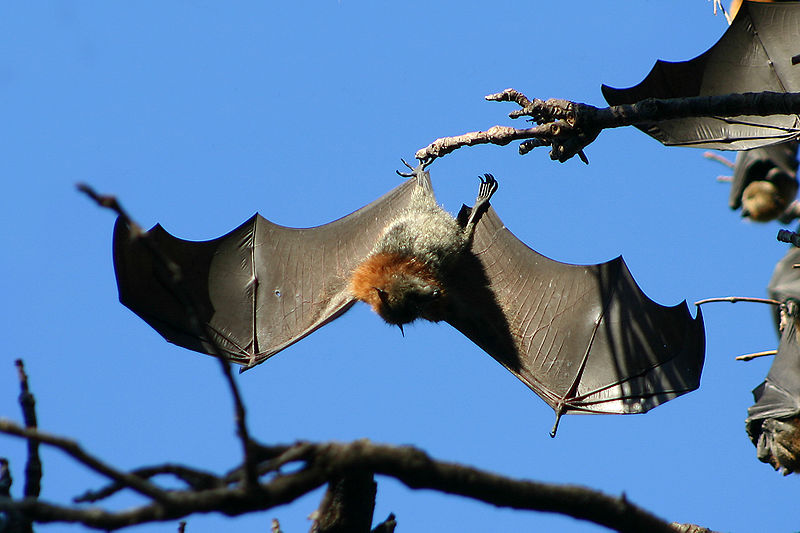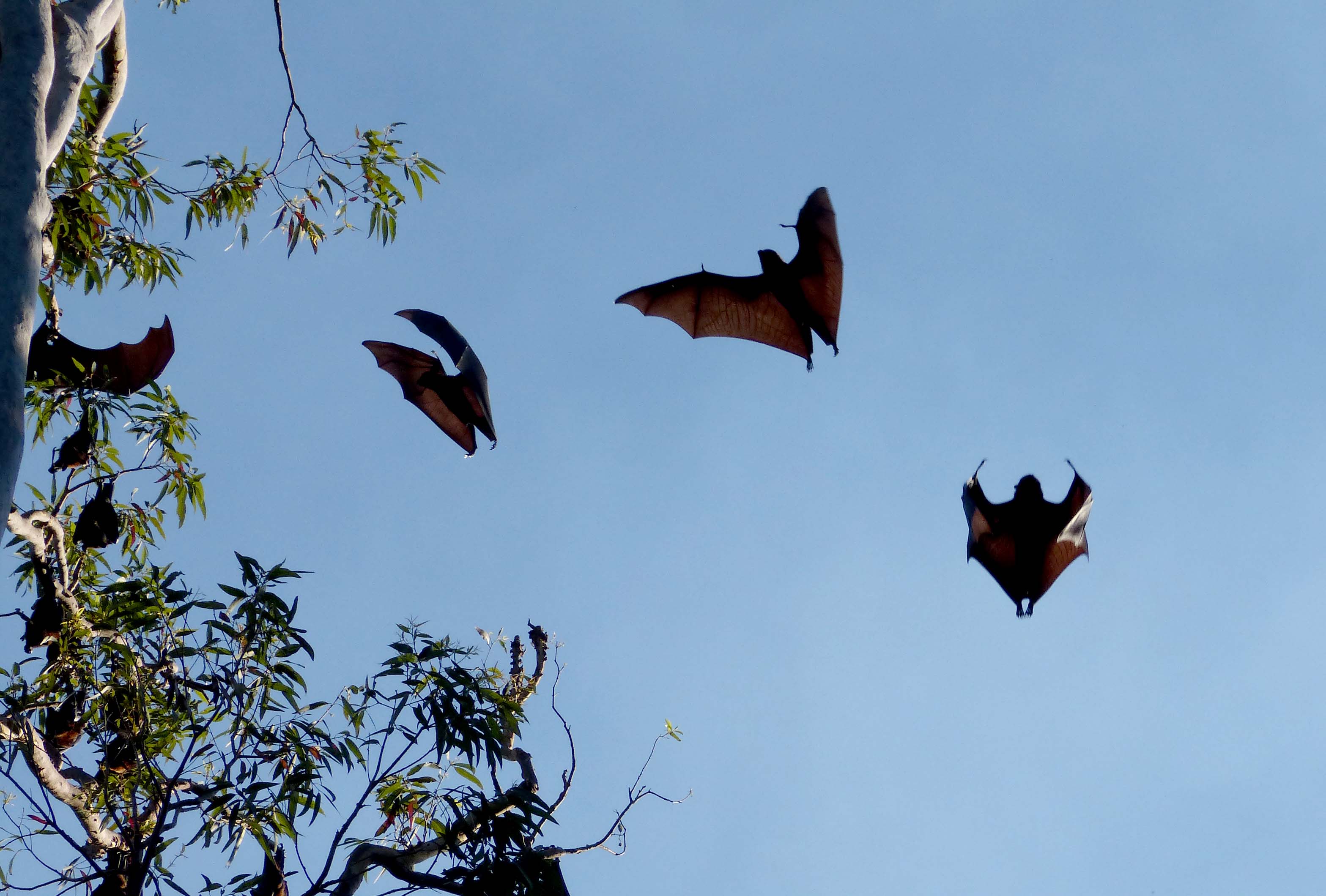Minimising the impact of viruses upon the pig industry is a major objective of a $3.83 million grant to international scientific collaborators, including a team from Queensland.
University of Queensland’s head of the School of Chemistry and Molecular Biosciences Professor Paul Young welcomed the grant from the UK Government’s Innovate UK initiative.
He will work with the Pirbright Institute’s Dr Simon Graham, who was awarded £2,359,553 (about A$3,834,104) to lead the international team in developing a prototype vaccine for controlling Nipah virus (NiV) outbreaks.
”As well as minimising impact on the pig industry, a successful vaccine would prevent virus transmission to humans and therefore lower the risk to public health - a One Health approach to disease prevention,” Professor Young said.
“The World Health Organisation, Wellcome Trust, Bill & Melinda Gates Foundation and others have identified Nipah virus as one of a number of potential global threats that could explosively emerge in the future, like the Ebola and Zika virus outbreaks of recent years.
“Nipah is a relative of Hendra virus and, like Hendra, can infect humans following transfer from bats through another host – in the case of Hendra, horses; and for Nipah, pigs.
“Our work will involve vaccinating pig populations against Nipah virus with a view to both protecting this important food resource in many countries as well as breaking the transmission cycle.”
 The Pirbright Institute reached out to the UQ team comprising Professor Young, Dr Keith Chappell, and Dr Dan Watterson for this collaboration, given their recent development of a novel vaccine platform technology that could be readily applied to NiV.
The Pirbright Institute reached out to the UQ team comprising Professor Young, Dr Keith Chappell, and Dr Dan Watterson for this collaboration, given their recent development of a novel vaccine platform technology that could be readily applied to NiV.
Professor Young said, while the natural host of the virus was fruit bats, infection in pigs increased the ability for the virus to transmit to humans and cause severe, often fatal, neurological disease.
In the late nineties, pig-to-human transmission created the first and most devastating NiV outbreaks in Malaysia and Singapore, causing over 100 human fatalities.
This resulted in the culling of 45 per cent of Malaysia’s pig population, costing the economy over US$650 million and forcing 36,000 job losses.
Malaysian pig farming is still restricted to ‘designated pig farming areas’, with pig husbandry activities being discouraged elsewhere.
Professor Young said that decreasing the major risk NiV posed to the developing pig industries, and to the livelihoods of poor livestock keepers in low and middle income countries of Southeast Asia, India, Bangladesh and Africa was a key research aim.
The team also hopes the vaccine approach will provide a tool for the monitoring, control and elimination of the disease by enabling differentiation of vaccinated and infected animals.
Engagement with affected countries is a vital part of the vaccine research, and the successful vaccine candidate will be trialled in NiV endemic regions of both Malaysia and India.
Images by Mike Lehmann above; right Gail Hampshire
Media: Professor Paul Young, p.young@uq.edu.au, Twitter: @Prof Paul Young, +61 7 3365 54622. Pirbright Institute, communications@pirbright.ac.uk, Twitter: @Pirbright_Inst Tel: +44 (0) 1483 231120.
.jpg)









